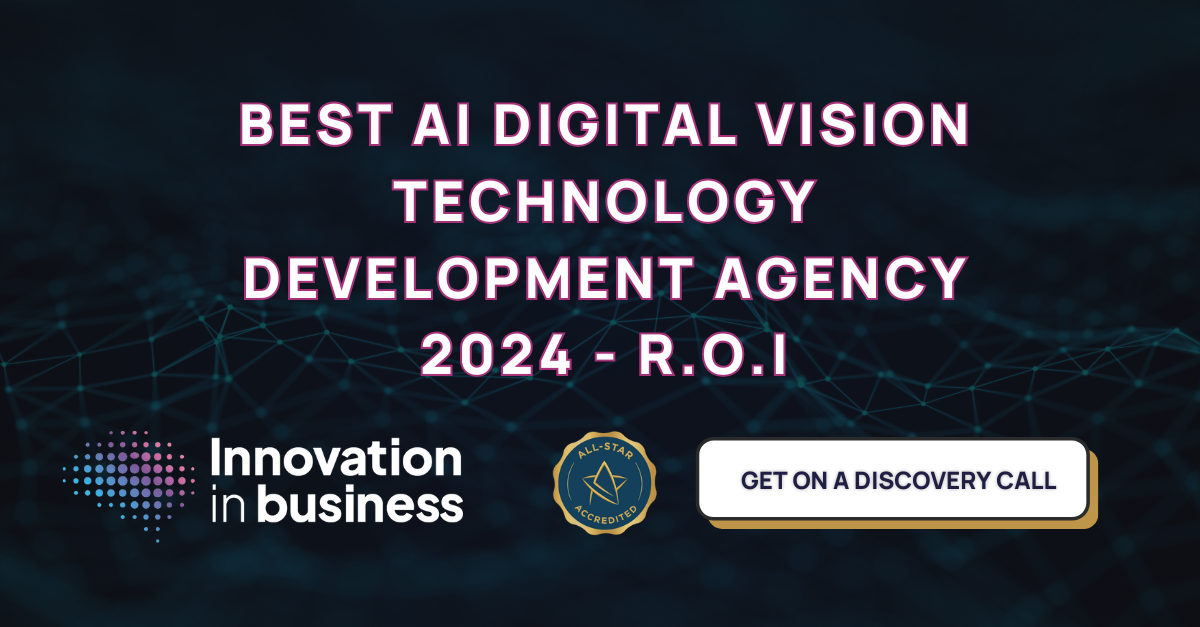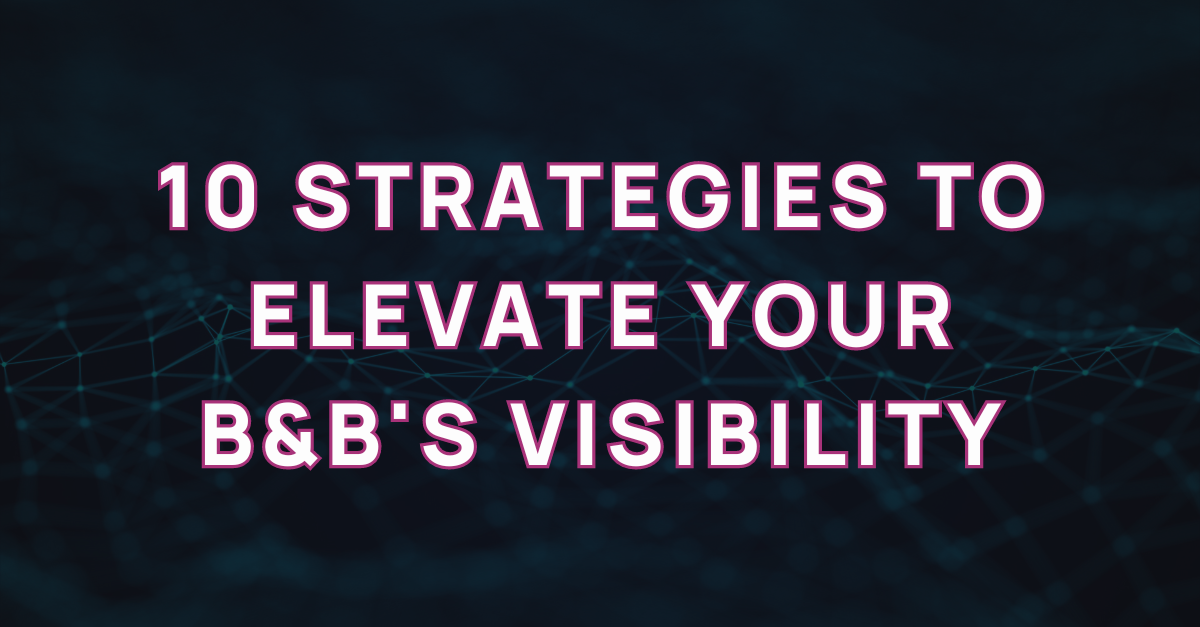Beginner's Guide to AI for Business
Beginner's Guide to AI for Business
To reduce expenses and streamline processes, consider optimising your operations. Artificial Intelligence (AI) has emerged as a vital tool in achieving these goals. This beginner's guide delves into the role of AI in business operations and its growing importance.

Introduction to AI for Business
What is AI and Machine Learning?
Understanding the difference between AI and machine learning is crucial for being able to include them in your business. Here comes the science:
- Artificial Intelligence (AI)
Artificial Intelligence (AI) means the simulation of human intelligence in machines that can perform tasks requiring human intelligence. The likes of speech recognition, decision-making, and language understanding.
- Machine Learning (ML)
Machine Learning (ML) is a specific strand of AI that focuses on the development of algorithms and statistical models. This allows machines to learn from and make predictions or decisions based on data.
AI and ML are often used interchangeably, but there's a distinction. ML is a type of AI. AI is a broader term covering all projects that simulate or multiply human intelligence.
How Can Small Businesses Use AI?
Using AI in business can seem daunting. But, there are so many AI uses in business and tools that are accessible and easy to use for a number of functions. Once you understand how to leverage AI as part of your business performance, you can start incorporating it across all areas of your business. From sales and lead generation to on-site SEO and email marketing. Here are some ways businesses can use AI:
- Customer Insights
Use AI to analyse customer data and gain insights into customer behaviour and preferences. This can inform product development, marketing strategies, and personalised customer experiences.
- Chatbots and Virtual Assistants
Use chatbots to handle simple customer support queries and virtual assistants for automating routine tasks, such as appointment scheduling or data entry.
- Marketing Automation
Use AI for automating marketing task. Items such as email campaigns, content recommendations, and ad targeting. This is to increase the efficiency of your marketing efforts.
- Predictive Analytics
You can use AI to predict market trends, customer demands, and inventory requirements, aiding in better decision-making.
- Fraud Detection
Use AI algorithms to identify and prevent fraudulent activities. Safeguarding your business and customer transactions.
- Process Automation
Automate manual and repetitive tasks. Such as data entry, inventory management, and invoicing. This is to improve operational efficiency.
- Product Recommendations
Enhance your customer shopping experience by providing personalised product recommendations based on their preferences and browsing history.
- Natural Language Processing
Use AI-driven chatbots to provide efficient customer support, address enquiries, and resolve issues through natural language understanding.
- Data Security
Implement AI for robust cybersecurity measures. Protecting your business data and customer information.
- Competitive Analysis
Leverage AI tools to gather and analyse data on your competitors. Helping you identify gaps and opportunities in the market.
Benefits of AI for Business
AI offers a wide array of benefits across various industries, with the potential to completely revolutionise the way your business operates and achieves its goals.
- Efficiency
AI automates tasks, reducing the time and resources needed for manual work
- Personalisation
It enables personalised customer experiences, improving engagement and loyalty.
- Data-Driven Decisions
AI provides valuable insights from data, allowing informed decision-making.
- Scalability
AI solutions can grow with your business as your needs expand.
- 24/7 Availability
Chatbots and virtual assistants provide round-the-clock support.
It’s pretty clear that AI can be a game-changer. Offering opportunities for efficiency, personalisation, and data-driven decision-making. When choosing an AI tool, consider your specific business needs and goals. Take advantage of the growing availability of AI solutions to put a rocket under your progress.
If you need help with AI tools, or any other aspect of your business, get 1-2-1 support by speaking to one of our Digital Advisors or email us on go.digital@articulatedigitalbusiness.ie.








We've been helping companies express themselves digitally and creating efficient solution to increase their business growth.
All Rights Reserved | Articulate Digital Business




